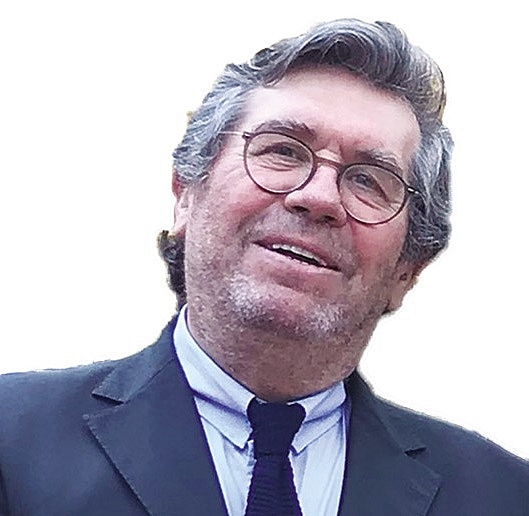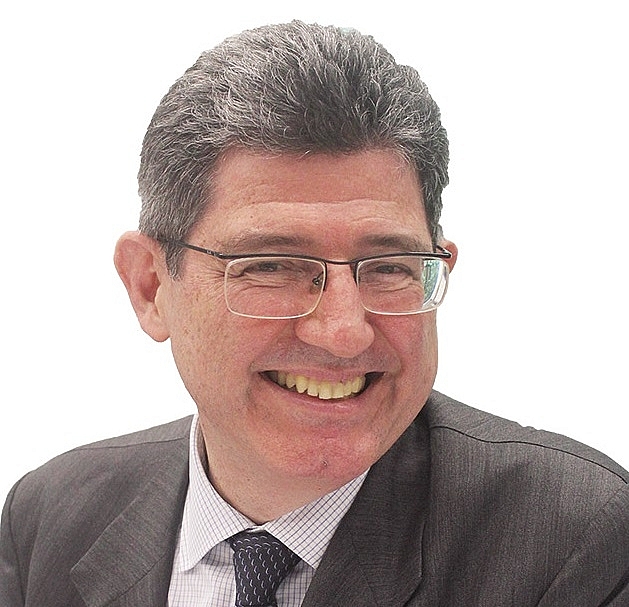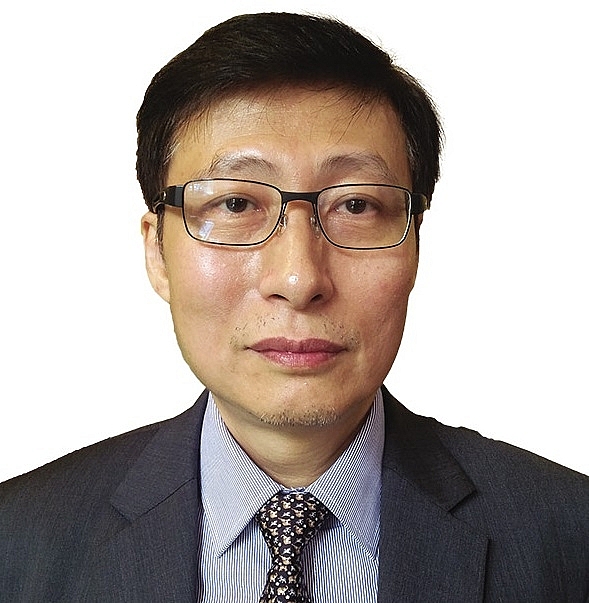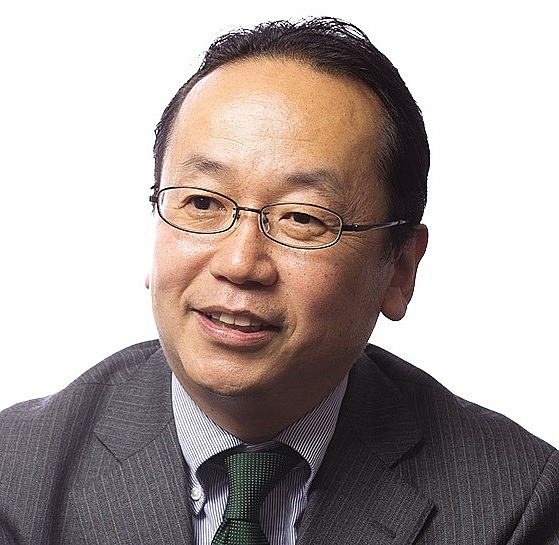NA approves lifting foreign debt limit
 |
| NA approves lifting foreign debt limit, illustration photo |
The National Assembly (NA) collected almost 90 per cent of votes last week to raise the cap on foreign debts designated for medium-term public investments for the period of 2016-2020 from the original VND300 trillion ($13.04 billion) to VND360 trillion ($15.65 billion). The NA will correspondingly reduce domestic loans to ensure the public debt cap of 65 per cent of the GDP that the government previously set. The additional foreign borrowing is aimed at meeting the disbursement requirements of projects funded by foreign donor government agencies, which are currently being delayed as a result of a lack of counterpart funding, cost overruns, slow site clearance, or poor capacity of project management or contractors.
Data by the Ministry of Planning and Investment (MPI) showed that the total disbursements of official development assistance (ODA) and concessional loans during the 2016-2020 period were expected to reach $26-30 billion, or roughly $5-6 billion per year. In fact, the total amount disbursed was merely $3.7 billion in 2016 and $3.6 billion in 2017.
According to MPI Minister Nguyen Chi Dung, ODA and concessional loans account for 13.5 per cent of Vietnam’s total capital for the medium-term public investment plan in the 2016-2020 period.
Meanwhile, data by the Ministry of Finance showed that foreign capital disbursement in the first nine months of this year was on record at VND16.369 trillion ($711.69 million), achieving some 27 per cent of the target set by the NA and over 29 per cent of the target assigned by the prime minister for the year.
The result was in fact poorer than in the same period of 2017 when the foreign capital was disbursed by 45.23 per cent of the target set by the NA and 46.67 per cent of the one assigned by the prime minister.
Minister Dung said that although the government has allocated relatively sufficient foreign capital for public investment projects in the four-year period, in reality, the disbursement plan thus far has revealed a number of issues. In particular, various ODA-funded projects newly signed or in the process of being signed have not been accounted for in the medium-term plan. The added funds, as the MPI suggested to the government, will thus ensure the project deployment commitment with the donors.
Cost overruns have emerged as a real issue in urban railway projects in both Hanoi and Ho Chi Minh City. For instance, the cost of the Nam Thang Long-Tran Hung Dao section of Hanoi’s Line 2 has risen from VND19.5 trillion ($847.42 million) to VND51.7 trillion ($2.24 billion), before being revised down to VND33.5 trillion ($1.45 billion) after reassessment.
The cost of the Cat Linh-Hadong section, likewise, swelled from VND8.7 trillion ($378.26 million) to VND47.3 trillion ($2.05 billion). Similarly in Ho Chi Minh City, the cost of the Ben Thanh-Suoi Tien section rose from VND17.3 trillion ($752.17 million) to VND47.3 trillion ($2.05 billion).
Meanwhile a number of projects, including the water drainage and wastewater treatment system of Thai Nguyen province, the water supply and sanitation project of Bac Kan province, and the general hospital project in Yen Bai province, have passed the period of capital disbursement as per the agreement with donors or are currently applying for disbursement extension.
In October, the Japan International Co-operation Agency (JICA) noted that there was undue delay in many ODA-funded projects in Vietnam, including one section of the Ho Chi Minh City metro line, two sections of the Hanoi metro line, and the maritime safety capability improvement project. The JICA stressed that the disbursement delay in ODA-funded projects, including those financed by the agency, has become more serious.
While the Japanese government has had high-level discussions with its Vietnamese counterpart about budget allocations this year and there has been “apparent improvement,” Vietnam still needs to allocate further funds for major projects that require capital such as those under the management of the Ministry of Transport.
In another statement last month, the JICA confirmed that Vietnam could continue receiving Japanese ODA loans for several decades to come, until the country gets out of the upper-middle income category. The agency is believed to have granted JPY39.5 billion ($350.7 million) in ODA funds to Vietnam in the first six months of this year.
| Gareth Ward, UK Ambassador to Vietnam
Vietnam is receiving UK official development assistance (ODA) through the Newton Fund Programme Vietnam until 2021 which supports our growing research and innovation partnership, and builds capacity to address developmental challenges in Vietnam such as infectious diseases and climate resilience. Through the Fleming Fund, we are working with Vietnam on a programme for improving laboratory capacity for diagnosis and surveillance of antimicrobial resistance. The UK in Vietnam also supports projects in many areas covering gender equality, maritime security, governance, transparency, and education. The UK also provides ODA to tackle the illegal wildlife trade and modern slavery. Looking ahead, Vietnam is set to benefit from the UK’s Prosperity Fund programmes, starting in early 2019, to deliver socioeconomic benefits and trade opportunities for both countries. These programmes are in areas of mutual interest and where the UK has expertise, from green finance, healthcare and future cities, to capital market development, non-tariff trade barriers, anti-corruption, and business greater transparency. Fabrice Richy, Country director, Agence Française de Développement
The Agence Française de Développement’s (AFD) group strategy is to be 100 per cent true to the Paris Agreement and 100 per cent true to social inclusion, and this determines the overall goal of our actions in Vietnam. The AFD’s strategy up to 2020 has a single purpose: to support Vietnam on its pathway towards green and resilient growth. This includes supporting Vietnam in adapting public policies and infrastructure to contribute to efforts to cut greenhouse gas emissions, and taking into account the harmful consequences of climate change and natural hazards to tackle them at the lowest social and economic cost. The AFD’s intervention will thus be grounded in the significant challenges related to the fight against climate change, and the resilience of cities and territories, in close dialogue with local and national authorities. Joaquim Levyi , Managing director and chief financial officer, World Bank Group
The World Bank Group has been assisting Vietnam in coping with climate change as one of its big priorities in the country. I think Vietnam needs to be aware of the negative impacts of climate change. In my meeting with the prime minister he also asked us to help to address climate change impact, especially in the Mekong Delta. At a corporate level, we have promised to reserve 28 per cent of our portfolio for climate change related projects, and we aim to raise this up to 30 per cent. We have about $2.3 billion in International Development Association (IDA) resources that we have allocated to Vietnam, and a third of this can be readily available to address the issue of climate change. I also think that freeing up important resources for development can help the government focus on the most important thing for long-term growth, which is human capital. Vietnam already has very good basic and secondary education systems, and now the country might want to see to reforming higher education to make universities more efficient. Vietnam will need more investment in universities to make sure that there is a good labour force for future growth. If the private sector wants to grow, if Vietnam wants innovation, it will need to make sure that the labour force is well-skilled. Nguyen Minh Cuong, Principal country economist, Asian Development Bank
The Asian Development Bank’s (ADB) country partnership strategy (CPS) in Vietnam within the 2016-2020 period targets its support at three outcome-based pillars. These are promoting job creation and competitiveness; increasing inclusiveness of infrastructure and service delivery; and improving environmental sustainability and climate change response. The ADB remains committed to forging a strong partnership with Vietnam in achieving these pillars. To maximise value-addition and pipeline development anchored on the CPS, the ADB will support Vietnam in mobilising grants and concessional co-financing to reduce the blended cost of non-concessional lending. The ADB will also support Vietnam in focusing on projects that include more responsive financing modalities and value-adding innovation and technology, and that can leverage either more co-financing or increased private sector participation, including through PPP support. Additionally, the support will also be about exploring opportunities to integrate more innovation and higher-level technology into projects. Generally speaking, Vietnam has been effectively utilising ADB-financed projects. Konaka Tetsuo, Chief representative, JICA Vietnam Office
As Japan’s government set the latest Country Assistance Policy for Vietnam together with a rolling plan in December 2017, Japan’s official development assistance (ODA) for the years to come will be provided in line with this guidance. Under this new policy, the priorities of economic growth promotion, improvement of international competitiveness, strengthening of resilience, and good governance remain the same, with some new insights. For 2018 specifically, we have been preparing and finalising necessary procedures for several projects such as those for strengthening vocational education and training in Vietnam, for human resource development scholarship via Japanese grant aid, and for trenchless sewerage pipe rehabilitation in Ho Chi Minh City. Besides, we are expediting the progress of ongoing projects towards early completion with the co-operation of ministries and provincial governments. Besides traditional ODA schemes, JICA will also try to enhance the scheme and activity related to partnership with the private sector as well as citizen participatory co-operation, paying due attention to the strict control of public debt by the Vietnamese government. |
What the stars mean:
★ Poor ★ ★ Promising ★★★ Good ★★★★ Very good ★★★★★ Exceptional
 Tag:
Tag:
Related Contents
Latest News
More News
- Foreign leaders extend congratulations to Party General Secretary To Lam (January 25, 2026 | 10:01)
- 14th National Party Congress wraps up with success (January 25, 2026 | 09:49)
- Congratulations from VFF Central Committee's int’l partners to 14th National Party Congress (January 25, 2026 | 09:46)
- 14th Party Central Committee unanimously elects To Lam as General Secretary (January 23, 2026 | 16:22)
- Worldwide congratulations underscore confidence in Vietnam’s 14th Party Congress (January 23, 2026 | 09:02)
- Political parties, organisations, int’l friends send congratulations to 14th National Party Congress (January 22, 2026 | 09:33)
- Press release on second working day of 14th National Party Congress (January 22, 2026 | 09:19)
- 14th National Party Congress: Japanese media highlight Vietnam’s growth targets (January 21, 2026 | 09:46)
- 14th National Party Congress: Driving force for Vietnam to continue renewal, innovation, breakthroughs (January 21, 2026 | 09:42)
- Vietnam remains spiritual support for progressive forces: Colombian party leader (January 21, 2026 | 08:00)



























 Mobile Version
Mobile Version